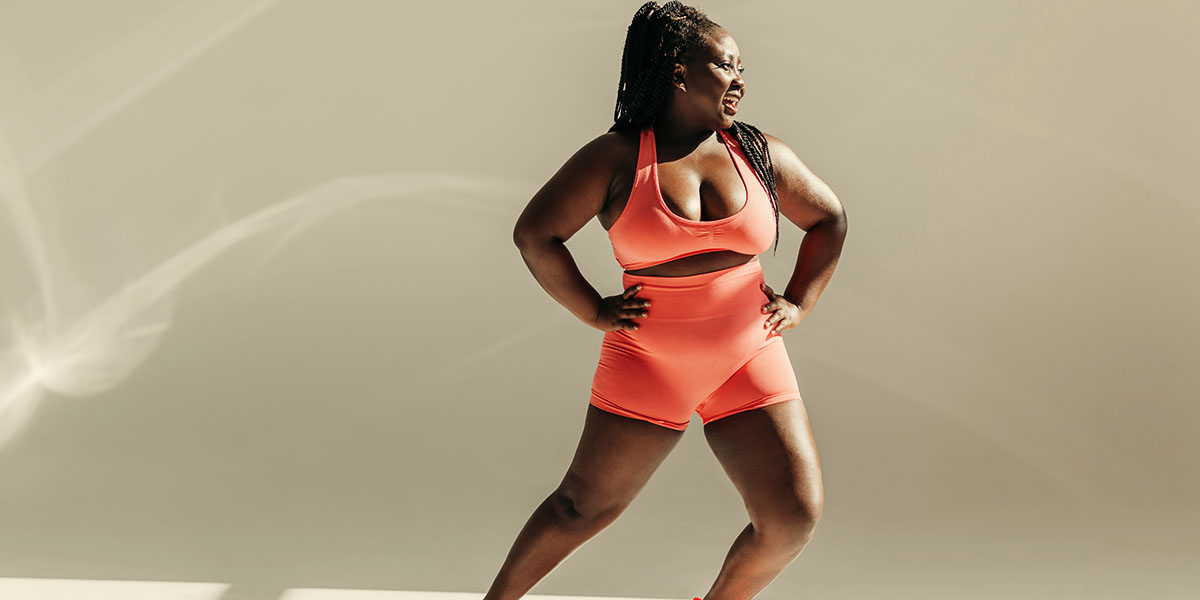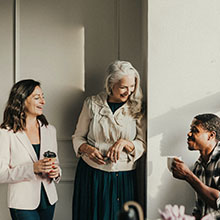We’re in the depths of winter, and there’s no shortage of bad news in today’s world. It’s a combination that may naturally cause mental distress.
But there’s good news, too: the evidence is mounting that physical exercise can treat clinical anxiety disorders, as well as more generalized anxiety. Exercise is also beneficial if you have mild-to-moderate depression.
How does exercise help with anxiety and depression?
There are many mysteries still. But experts believe exercise helps ease anxiety and depression by:
- releasing feel-good brain chemicals (neurotransmitters and endorphins);
- reducing immune system chemicals that can worsen depression; and
- increasing body temperature, which can provide a calming effect.
Scientists have been studying this subject for a while. Back in 2006, an often-cited study appeared in the Primary Care Companion to the Journal of Clinical Psychiatry. It found that “exercise improves mental health” by:
- reducing anxiety, depression, and negative mood; and
- improving self-esteem and cognitive function.
More recent studies agree, including one in 2018 titled “Moving to Beat Anxiety”. In it, an international group of scientists studied the effect of physical activity and exercise on anxiety. They found that physical activity “presents a promising treatment option for people with anxiety disorders”.
The study also suggests that exercise training can help with post-traumatic stress disorder, agoraphobia and panic disorder.
There’s more. Other studies indicate that people who exercise regularly tend to have higher self-esteem and increased confidence. The world-famous Mayo Clinic agrees. “Exercise: 7 benefits of regular physical activity” suggests that exercise can help people relax and feel better about themselves.
And here’s what could be the most exciting news of all. Exercise gives you a new tool to use alone, or alongside other forms of treatment, such as:
- Medication
- Counselling
- Cognitive behavioural therapy
- Mindfulness
How can you exercise your way to better mental health?
Do you think you’re experiencing anxiety and/or depression? Are you taking medication but want to consider new or additional treatment options?
Then start with a visit to your doctor, and consider these tips:
1. Decide what activities you enjoy most or would most like to try. When you enjoy something, you’re more likely to stick with it.
2. Discuss your goals with your doctor and get their support. Will exercise be part of your treatment plan for anxiety or depression? Then talk about frequency, time, intensity, and how best to monitor your progress.
3. Establish realistic goals and make a plan to reach them.
4. Schedule time to exercise and hold yourself accountable. An exercise buddy can help you stay on track.
5. Identify and understand what’s standing in your way or holding you back. For example, does putting on a swimsuit make you feel self-conscious and keep you from aquafit classes? Then find another kind of exercise – perhaps yoga, walking or biking. If there are no convenient in-person group classes where you live, look into online sessions.
6. Understand that everyone has setbacks from time to time. Be sure to reward your progress regularly.
In the wind, snow, and ice of winter, you may be tempted to avoid outdoor activity. But you don’t have to hibernate.
There are so many ways to embrace winter. Join a pick-up hockey league. Try downhill or cross-country skiing, snowboarding, or snowshoeing. Or simply take long walks.
Whenever you’re outdoors, always dress for the weather. That means:
- layers you can shed as you warm up;
- synthetic fibres that wick sweat away from your body;
- sturdy boots with deep treads;
- toasty gloves or mitts; and
- a hat that covers your ears.
If you like to walk, don’t let the shorter days stop you. Just be sure to wear a coat with reflective strips or a high-visibility vest after sundown. Watch for black or hidden ice. And keep your phone handy.
Get moving indoors or out, and say hello to better mental health!
This article is meant to provide general information only. It’s not professional medical advice, or a substitute for that advice.




